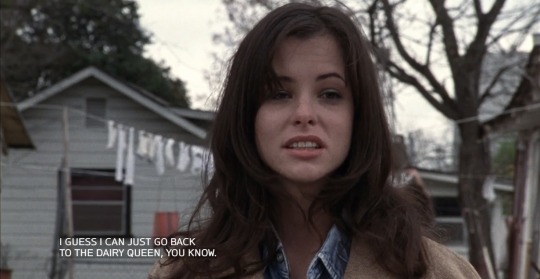#waiting for guffman
Text


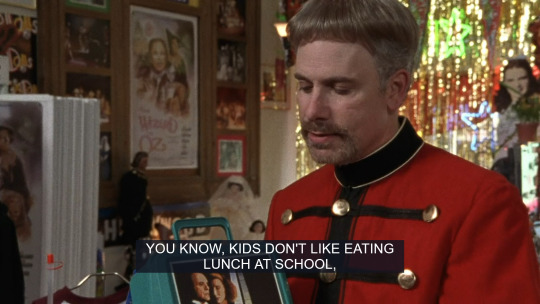

waiting for guffman (1996) dir. christopher guest
526 notes
·
View notes
Text
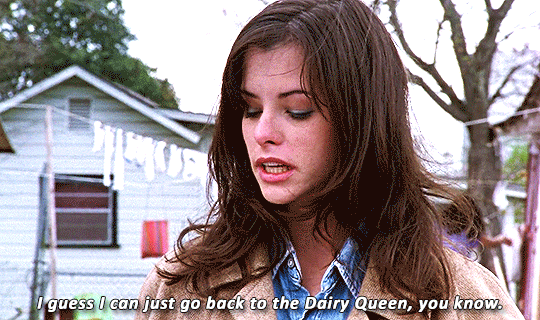
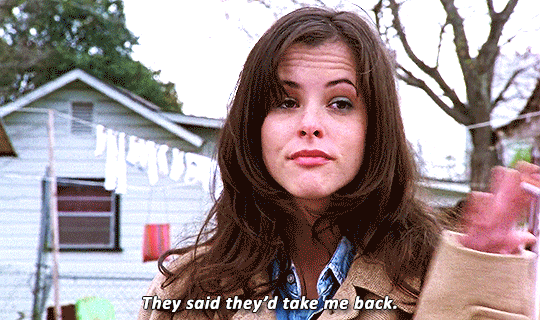
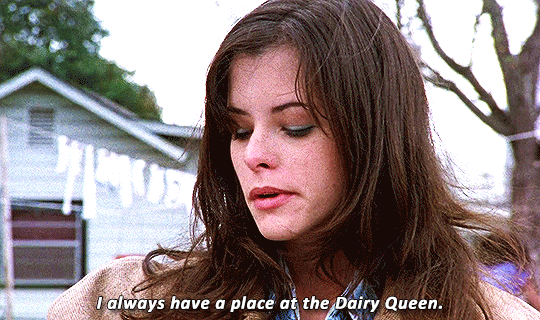
WAITING FOR GUFFMAN
1996, dir. Christopher Guest
#filmedit#filmgifs#moviegifs#dailyflicks#userbbelcher#userrobin#userlenny#usersugar#parker posey#waiting for guffman#sakshi does a thing#no i didn't include the unseasoned chicken in case it looked too nasty for the tl#also in a way this looks less out of context in comparison to if the chicken was here#it is fuckin funny though. she's just so good in this scene#anyway#parker posey please know that you will also always have a place in my heart
614 notes
·
View notes
Text
8 notes
·
View notes
Text
One of my favorite actresses in the entire world… I have a painfully big crush on her
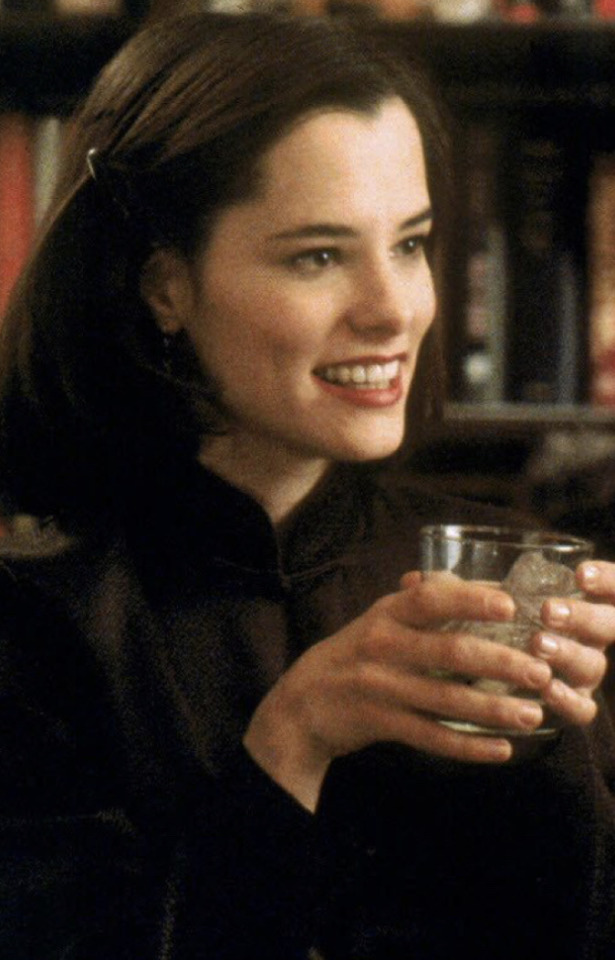

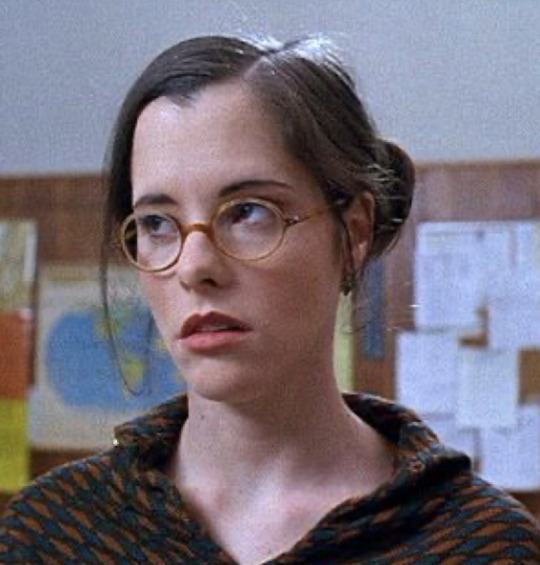

7 notes
·
View notes
Text

The only parts in "Waiting for Guffman" (1996) that actually were scripted by Christopher Guest and Eugene Levy were the lines in the musical "Red, White, and Blaine."
During the scene where Guest's character Corky is teaching the cast some dance moves, Levy can be seen in the back behind everyone, almost hidden from view. This is because whenever Guest would show off his moves, Levy would laugh so hard that they would have to cut and wait for him to stop laughing before doing another take. They figured it'd be best if Levy was in the back, where he would not be able to see Guest during this scene.
In the closing interview, Corky talks about learning to drop his H's for a role as an English character in a production of" My Fair Lady". He then demonstrates with an awkward recitation of phrases with dropped H's including, "I don't want to live in this 'ell 'ole." This is most likely a nod to Guest's "This Is Spinal Tap" (1984), which features a song called "Hell Hole."
Much of the movie was shot in Lockhart, Texas, a town located 30 miles south of Austin. Guest wanted to put a "Stool Capital of the World" sign up over the town, but he was not granted permission to do so.
(Red Break)
5 notes
·
View notes
Text
At Christmas I got the DVDs for some of those Christopher Guest mockumentaries. I really wanted them because their cast list sounded so good (I've seen half the performers in those movies in other things, and they're always funny). And if anyone hasn't yet seen these Christopher Guest movies, I encourage you to see them. Waiting for Guffman, Best in Show, A Mighty Wind, even that one on Netflix (Mascots, I think) was pretty good. And it certainly helps that the movies tend to have a big list of stars: Eugene Levy, Catherine O'Hara, Fred Willard, John Michael Higgins, Jane Lynch, etc. They're great movies.
#christopher guest#movies#comedies#christmas#They're great movies#I recommend them pretty highly#eugene levy#catherine o'hara#fred willard#john michael higgins#jane lynch#best in show#waiting for guffman#a mighty wind
5 notes
·
View notes
Text
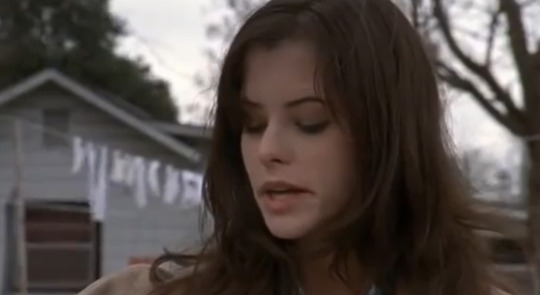
I'll always have a place at the good comedy podcast side of tumblr
4 notes
·
View notes
Text
i'll always have a home at the dairy queen
3 notes
·
View notes
Text

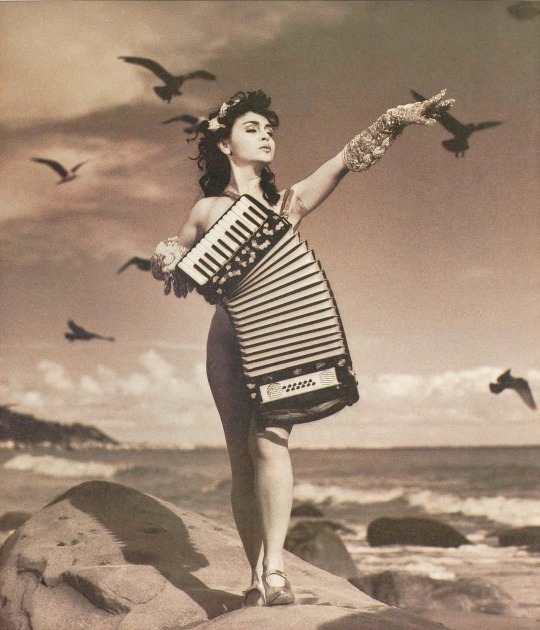
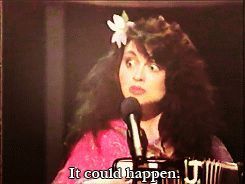

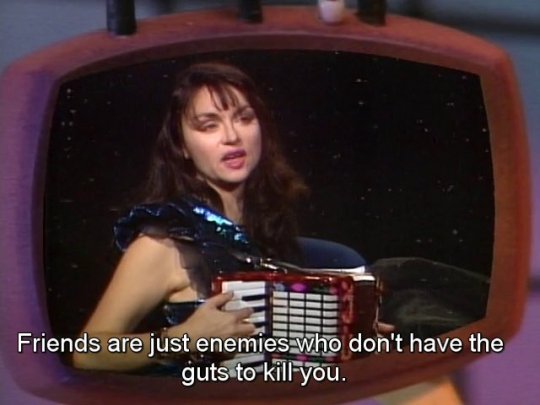
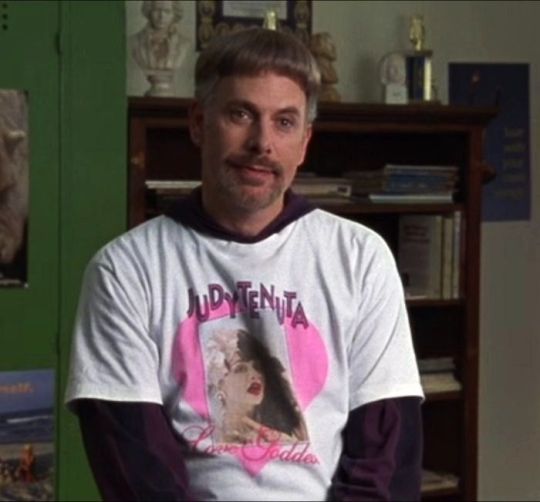
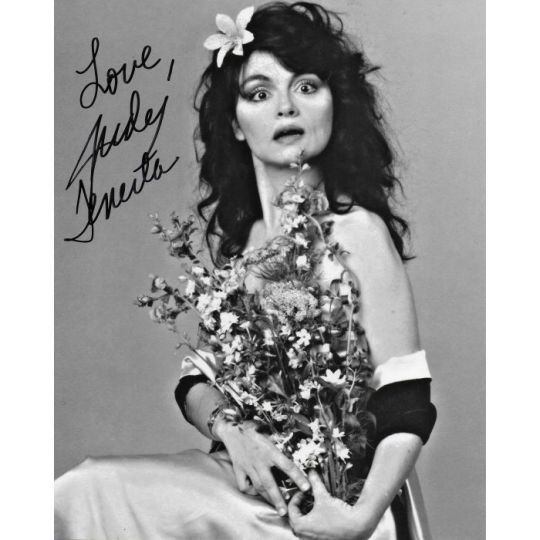
The Mayor of Wife City for Thursday, October 6, 2022 is Judy Tenuta
(RIP to the Love Goddess. May a choir of stud puppets sing thee to thy rest)
49 notes
·
View notes
Text
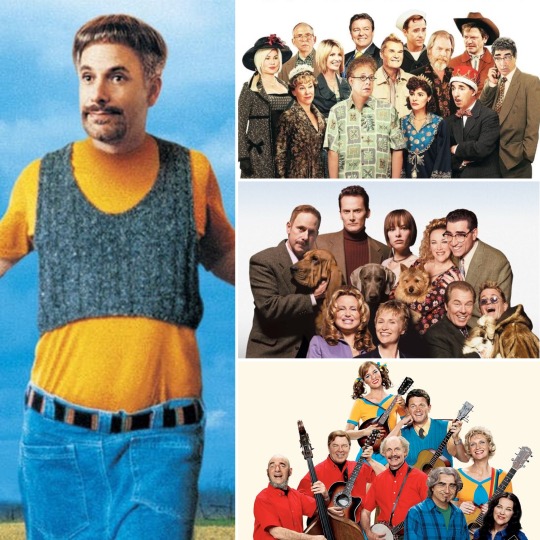
Red, White…and Blaine? This week, Peaches and Michael are having an Idol Worship celebration of a filmmaker who is truly “Best in Show” – Christopher Guest! In addition to discussing this comedy auteur’s foundational work in the mockumentary space, our hosts delve into the fabulous troupe of performers who populate his world. Joining the conversation is producer extraordinaire Brian Nolan, who shares how crucial WAITING FOR GUFFMAN was to his own experiences in the creative space. Then, acclaimed film & TV star Sam Pancake stops by to talk about the power of improv comedy in the “Guest style” and his analysis of that gently hilarious world. From Mitch & Mickey to HOME FOR PURIM, this episode has it all! Go!
#midnight mass#peaches christ#michael varrati#christopher guest#cult movie#best in show#waiting for guffman#a mighty wind#for your consideration#brian nolan#sam pancake#catherine o'hara#eugene levy#parker posey
4 notes
·
View notes
Text
19 notes
·
View notes
Text

14 notes
·
View notes
Text
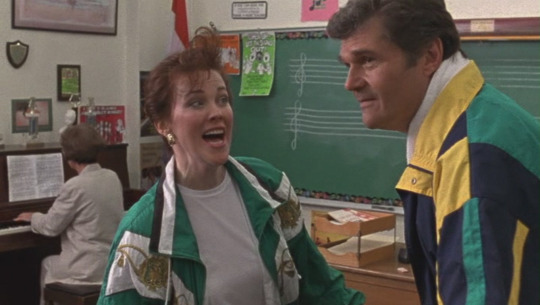
“In fact, one of the big ironies of Waiting for Guffman is a self-reflexive one. This is a film about non-professional actors putting on a show, made by professional actors making a movie. This accomplished ensemble renders the people of Blaine so colorfully and truthfully that viewers never feel an ounce of condescension either from the actors or the man directing them, and that’s critical.
Instead, everybody behind the camera and in front of it really gets into the spirit of the show and into the heads of these quirky characters. The cast and crew has accomplished this task by modulating or tuning their talent level (some might say lowering it), to the level of the people they are depicting: enthusiastic amateurs with a flair for performing, but no real talent to speak of. This quality of zealous amateurism emerges in everything from the songs performed in Red, White and Blaine to the very stagecraft of the show itself, and it is all so charming and enthusiastic that it almost feels like admiration.
“We were trying to make ourselves laugh, but we were also trying not to write any better than they would have,” composer Harry Shearer explains.
“The fun part of these projects is that you’re never trying to write really bad stuff, but nor are you trying to write better than the characters are capable of. You’re trying to write in character. That’s part of your acting. You’re trying to be in the heads of these people, so you’re not judging them as you write. Instead, you inhabit them as you write.”
“These are not professional people,” Joseph Garrity stresses. “They live in an almost-hick town and they work with what they’ve got. I tend not to have a lot of money on these films, so I also work with what I’ve got. People put on shows in their community theater, so [in doing that] you become just like these people.
“How good are you?” Garrity asks. “If you are not very good, you are still doing the best you can. I think that’s what [Guest’s] films are all about: people doing the best they can.”
Sometimes, the best that people can muster just really isn’t that good, a fact Roberto Schaefer’s probing camera notices with subtlety through-out the film. For instance, during Ron and Sheila’s dreadful but amusing “Midnight at the Oasis” audition, O’Hara, as Sheila, visibly mouths all of Fred Willard’s dialogue as she interacts with him, a typical amateur’s mistake.
Yet the camera doesn’t highlight this gaffe. There is no close-up of O’Hara, and no reaction shot featuring Lloyd or Corky or even the domineering Ron, realizing that Sheila is mouthing her husband’s lines in an effort not to lose her place in the scene. Instead, in an all-encompassing master shot, Ron and Sheila simply do their thing, and O’Hara’s deliberate but subtle gaffe represents one funny element of many in the scene. Because the joke isn’t spotlighted, the audience feels rewarded when catching this minutiae, feeling it has discovered the punch line all on its own. Frankly, these laughs are always the best ones, when you realize the filmmaker isn’t talking down to you, or spoon-feeding you the humor.”
“The Making of Waiting for Guffman (1996),” Scraps from the Loft
16 notes
·
View notes
